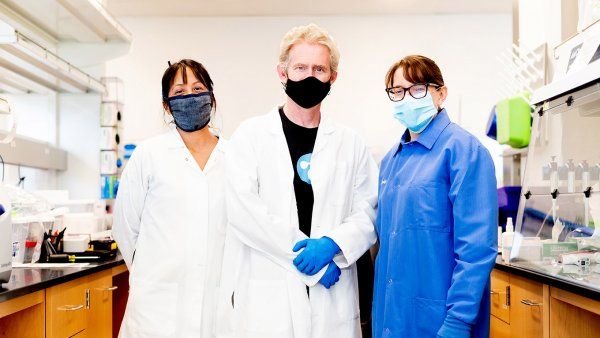First ‘Plug and Play’ Brain Prosthesis Demonstrated in Paralyzed Person
The achievement of “plug and play” performance demonstrates the value of so-called ECoG electrode arrays for BCI applications.
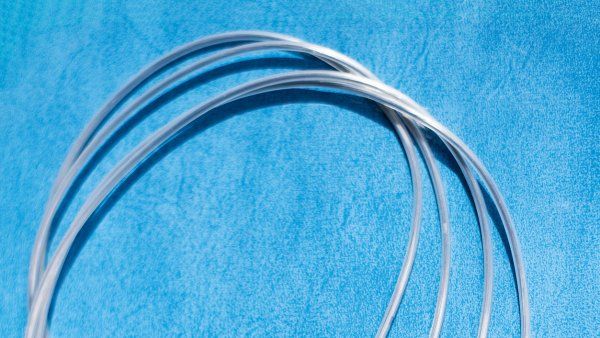
University of California San Francisco
Give to UCSFThe achievement of “plug and play” performance demonstrates the value of so-called ECoG electrode arrays for BCI applications.

Researchers have figured out how to assemble genetic profiles of individual lung cancer cells obtained from patients at different times during the course of their treatment.
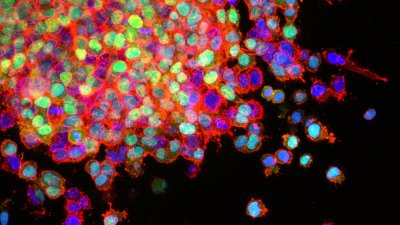
Though FTD is not as well known as Alzheimer’s disease, it’s the second most common cause of dementia in people under 65, and there’s currently no treatment.
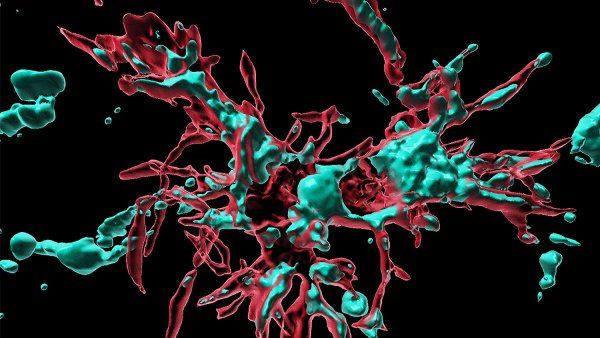
New UCSF research sheds light on how immune system B cells that infiltrate the central nervous system may drive multiple sclerosis.
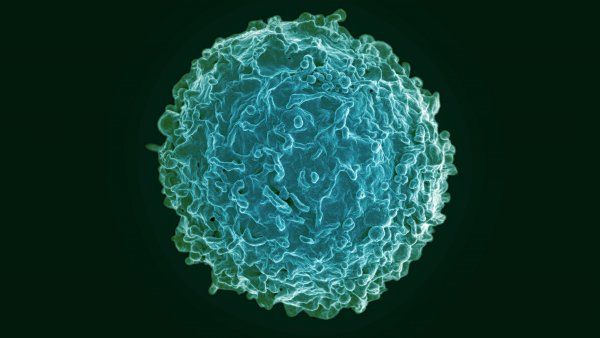
Only one in three U.S. adults received the flu vaccine in 2018, a number that has critical implications for the impending flu season, which threatens to overwhelm medical resources and lead to tens of thousands of deaths at a time when Americans are still reeling from the COVID-19 pandemic.
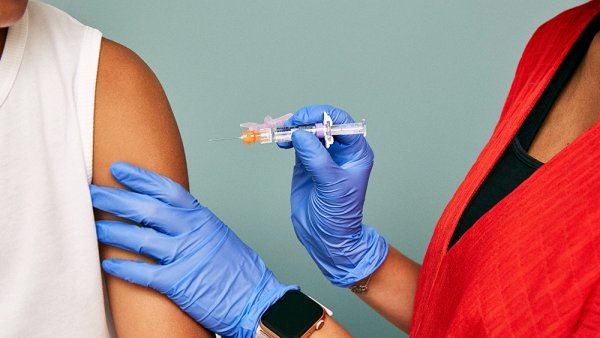
UCSF scientists now have evidence from research that women with Alzheimer’s live longer than men with the disease because they have genetic protection from the ravages of the disease.

UCSF Osher Center faculty member Ashley Mason, PhD, has received a $5.1M award to expand TemPredict, a study she directs in collaboration with Rick Hecht, MD, and Benjamin Smarr, PhD.
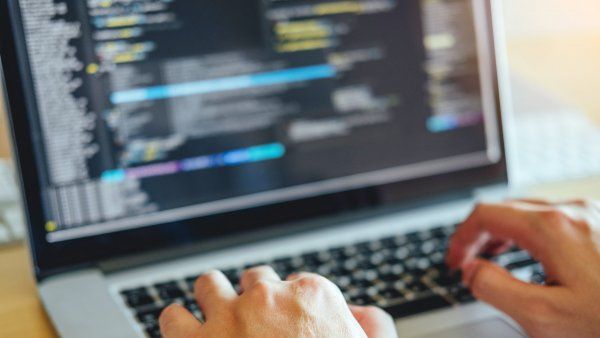
A new study from UCSF Benioff Children’s Hospitals shows that public data and a simple equation may be all that is required to estimate the number of students infected with COVID-19 who might be in a classroom.
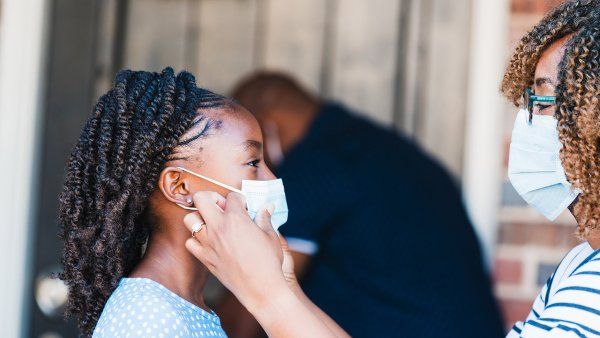
Researchers at UCSF have developed a “digital biomarker” that would use a smartphone’s built-in camera to detect diabetes.
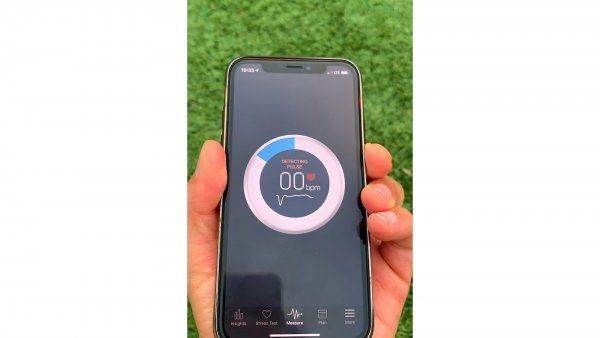
UCSF scientists have devised a novel approach to halting the spread of SARS-CoV-2, the virus that causes the disease.
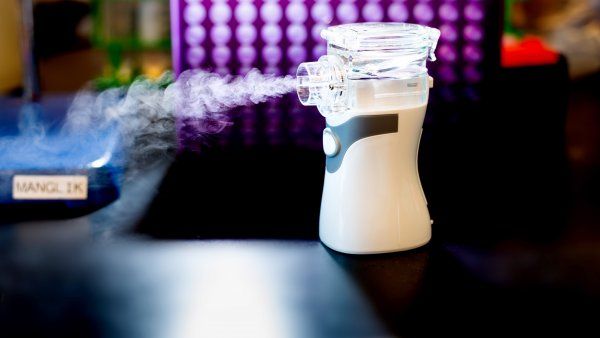
Researchers found that, when used alone, sequencing comes up short, missing some sick babies, while flagging many healthy ones for unnecessary follow-up testing. But sequencing can still be useful in cases that look suspicious but were not clearly identified by older screening technology.

New research by neuroscientists at the University of Pittsburgh and UC San Francisco revealed that a simple, earbud-like device developed at UCSF that imperceptibly stimulates a key nerve leading to the brain could significantly improve the wearer’s ability to learn the sounds of a new language.
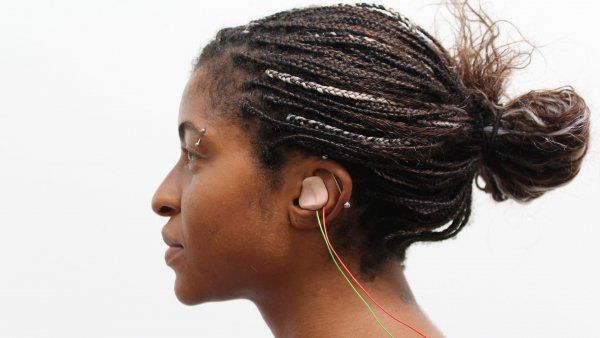
It’s likely that face masks, by blocking even some of the coronavirus-carrying droplets you inhale, can reduce your risk of falling seriously ill from COVID-19, according to Monica Gandhi, an infectious disease specialist at UCSF.
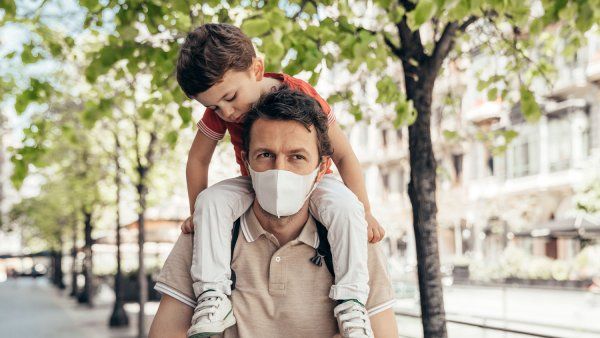
Some supposedly inert ingredients in common drugs — such as dyes and preservatives — may potentially be biologically active and could lead to unanticipated side effects, according to a preliminary new study by researchers from the UCSF and the Novartis Institutes for BioMedical Research.
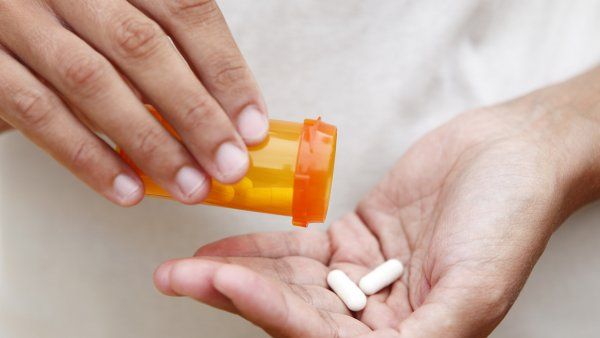
UCSF researchers have now determined how the TRPA1 molecule manages to sense such a diverse variety of dangerous chemicals – and do so with enough sensitivity to let you flee before suffering too much tissue damage.

A look at past outbreaks offers guidance on bringing the current one to an end – and on thwarting the next one.
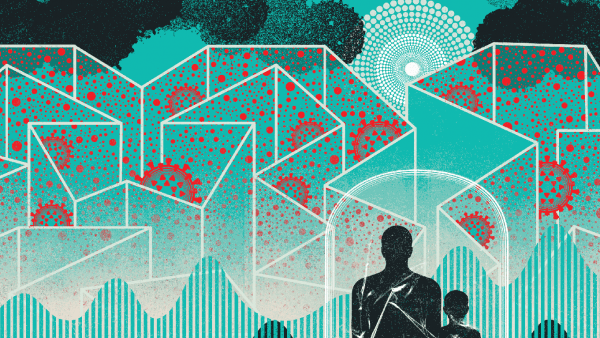
Why are more men than women dying of COVID-19? Scientist Faranak Fattahi, PhD, has found a clue.

Communities of color have been hit hardest by COVID-19. Meanwhile, hundreds of thousands of people have taken to the streets in an outcry against police brutality. Both issues have roots in the same problem.
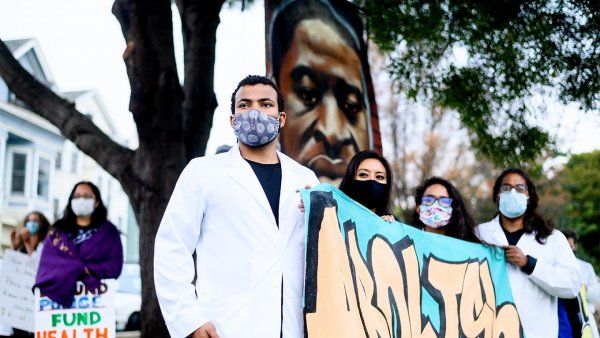
How I learned to use social media to advance the public’s understanding of COVID-19.

When future historians look back on this moment, they will draw many conclusions from our response to this crisis. Here are five big lessons that UCSF experts already see taking shape.
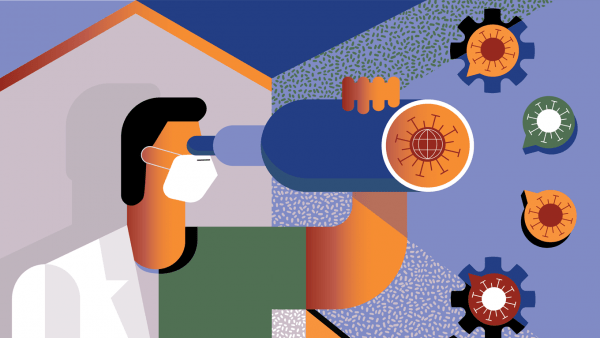
UCSF researchers are taking a closer look at COVID-19’s dizzying array of symptoms to get at the disease’s root causes.
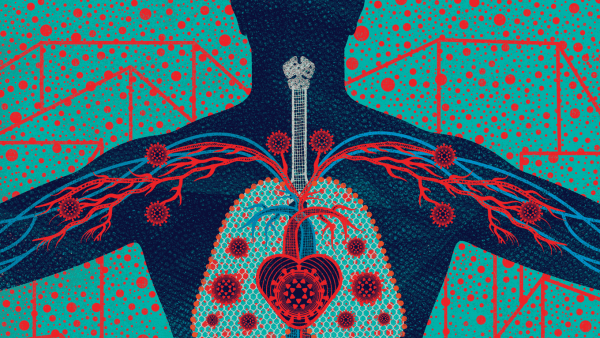
The pandemic has led to a sudden rise in discrimination against people of Asian descent.
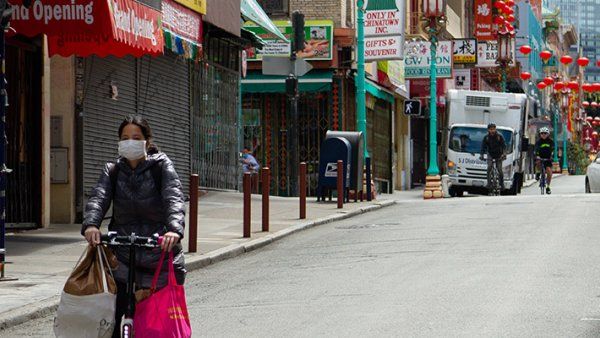
Joel Ernst, MD, addresses key questions about how vaccine development works and why vaccines are especially important in the case of COVID-19.
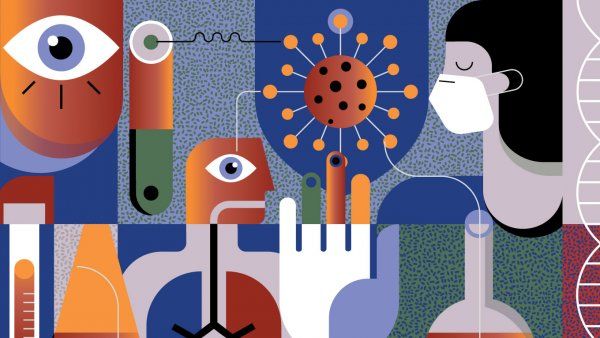
Clinical trial leader Annie Luetkemeyer, MD, tests promising therapies for COVID-19 – and soon a vaccine.
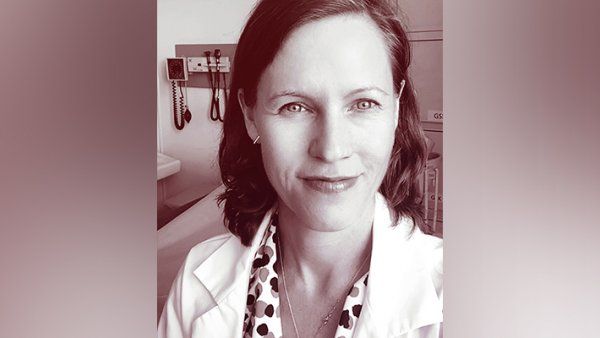
As the United States’ testing regime floundered early in the pandemic, scientists at UCSF and the Chan Zuckerberg Biohub created from scratch a diagnostic lab that became a model for the nation.
